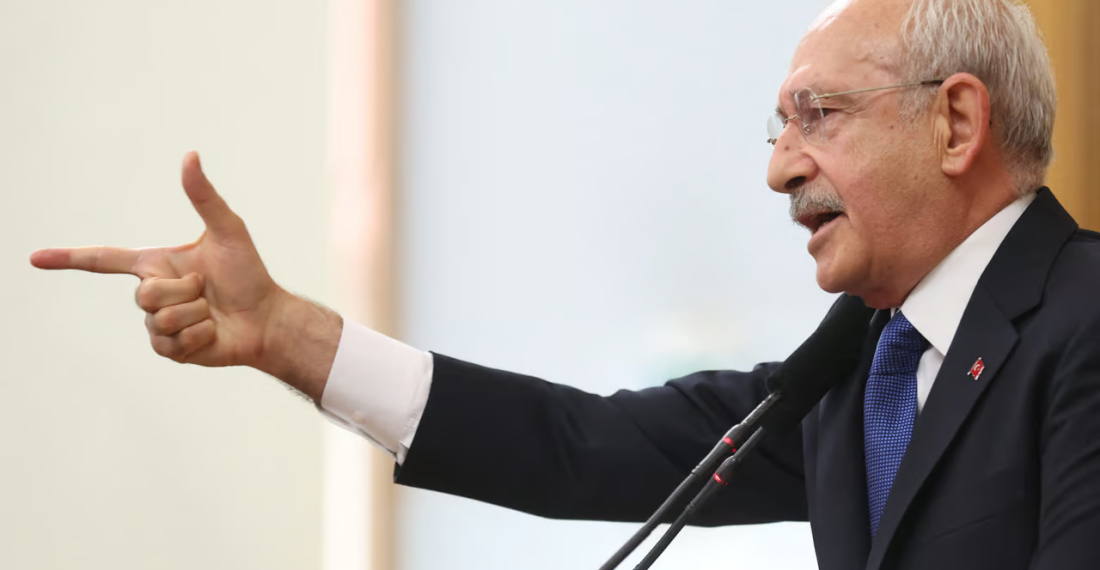After weeks of fierce negotiations between an alliance of six opposition parties from across the political spectrum, the so-called "Table of Six" officially nominated Kemal Kilicdaroglu on Monday (6 March) as their candidate to challenge incumbent Recep Tayyip Erdogan in May's presidential elections.
Kilicdaroglu, who has led the center-left Republican People's Party for over a decade, is an understated 74-year-old former bureaucrat from the country's social security authority. There has been some criticism that he lacks the flair and charisma needed to topple Erdogan's populism after 20 years of rule.
In speech in Ankara announcing his nomination, Kilicdaroglu said that the opposition coalition would "run the country in consultation and agreement with one another". The group has pledged to reverse many of the changes that Erdogan has brought about since becoming prime minister in 2003, including returning the country to a parliamentary system.
To-and-fro in opposition nomination negotiations
The announcement came after reports of political squabbles among the alliance last week. The leader of the right-wing Iyi Party, Meral Aksener, the second largest party in the opposition coalition, temporarily quit the group at the prospect of Kilicdaroglu being elected, instead calling on the Istanbul mayor, Ekrem Imamoglu, or Ankara’s mayor, Mansur Yavas, to stand instead.
Then, in a dramatic about-face, Aksener re-joined the coalition and supported Kilicdaroglu's nomination, after reportedly accepting Imamoglu and Yavas as vice-presidential candidates. Some have suggested her opposition to Kilicdaroglu was because she thought he would not appeal to Iyi's right-wing voter base, while others have suggested she was simply bargaining for critical positions in case of victory.
Troubles in Turkey may bring down Erdogan, but authoritarian rule is being consolidated
The election, which is scheduled for 14 May, comes following the disastrous 6 February earthquake in Turkey and Syria that has killed over 50,000 people, the vast majority being in Turkey. Erdogan has been criticised for presiding over a lacklustre response, and polling since the earthquake has indicated a dip in the popularity of his AKP party.
Turkey has also been suffering a considerable economic crisis since 2018 which has seen high inflation and a devaluation of the national currency, the lira.
There is also concern that the May election could be the last chance to preserve Turkish democracy as Erdogan's rule has become increasingly authoritarian. According to Freedom House, the AKP government has shown a "growing contempt for political rights and civil liberties and has pursued a wide-ranging crackdown on critics and opponents since 2016".
They add that "constitutional changes in 2017 concentrated power in the hands of the president, removing key checks and balances."






